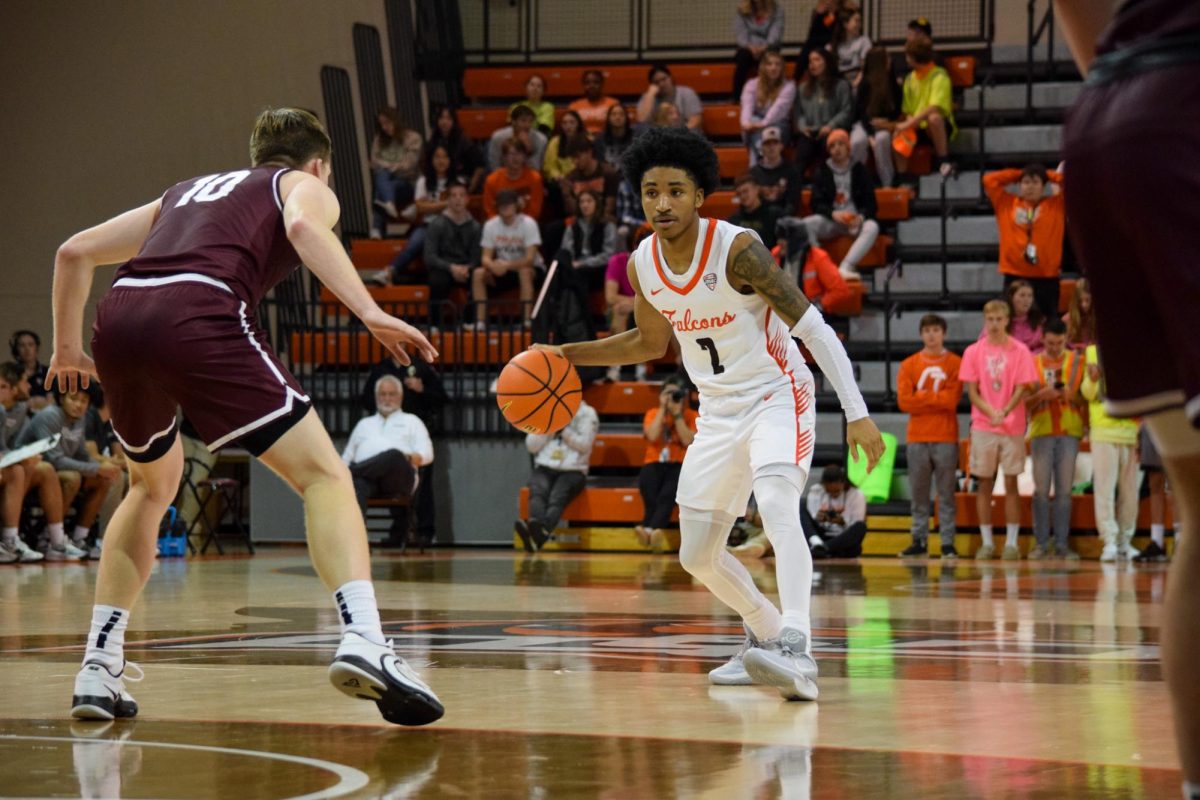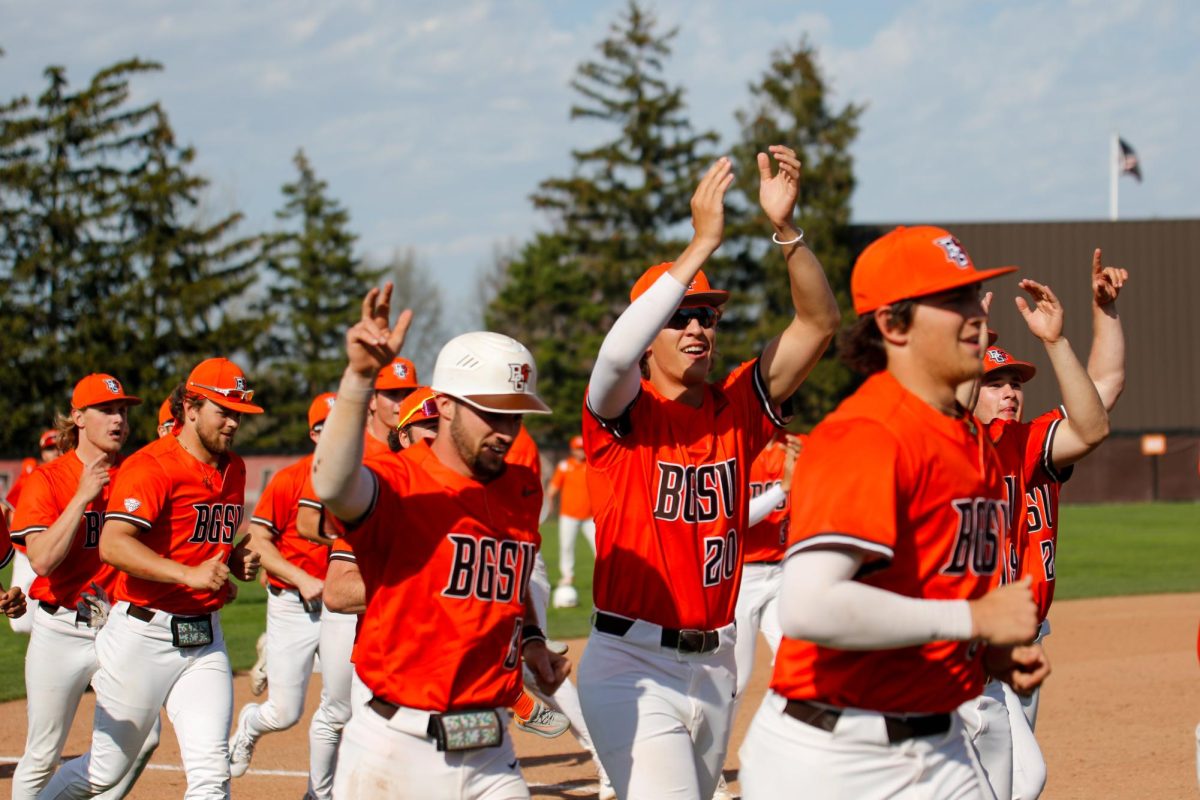Recycling is a ‘no-brainer’ for some students, but other students use the recycle bins for just everyday trash. There are basic rules for recycling and consequences can occur when students and faculty ignore these rules.
There are currently four primary categories of recyclable objects – those being newspaper, mixed office paper, plastic, and aluminum cans, said Nick Hennessy, the university sustainability coordinator. ‘Plastic bottles are always good to go,’ said Hennessy. ‘What we are looking for are plastics with numbers on the bottle of the bottle – one or two. The campus requests students leave out plastics labeled three through seven, which are thicker types of plastics.’
The aluminum recycling bins are for your basic pop cans, but other aluminum items, such as an empty can of beans, can be recycled in the same bin. The newspaper bin is for newsprint and even old phonebooks.
‘Students are all given an information and resource guide phonebook every year and those are able to go into the newspaper bin once the year has ended and they don’t have a use for it anymore,’ said Hennessy. ‘Plus, newspapers and ads that come inside of them are able to be recycled. The rule is, if it comes with the paper, it goes with the paper.’
The fourth and most uncommon category is mixed office paper. Not all residence halls have these in the recycling section of the lobby or on their own floors, but those working behind the desk can take care of a student’s used papers, colored papers, sticky notes, envelopes, magazines, catalogues and labels.
‘There are very few types of paper that are not allowed to go into this bin, like construction paper, but all in all, hardly anything should be thrown away into the trash,’ he said.
Cardboard and glass are separate commodities and the University does not collect those in the halls, but cardboard can be put by the large Dumpsters outside of the residence halls. Glass is not collected at the University, but students can save up their glass bottles and other items and take them to the recycling center for the city.
There are consequences when people do not obey the rules of what is designated to go in what bin and one of these is contamination.
‘Some students think that it is okay to put parts or all of their room trash into their floor’s recycling bin, which is a huge problem,’ Hennessy said. ‘The people that do this compromise everyone else’s efforts just for being lazy and all of those recycled items can no longer be used to make a profit off it. Plus, it is a violation of community living standards.’
Hennessy said workers have to sort through every recycling bin to make sure any unwanted items are removed. What is most important is students do not leave any liquids in the containers they are recycling because it can cause leakage not only in the dorms, but in hallways and the recycling trucks.
Early education major Ally Barnett said she thinks students will not take extra time to clean their recycling before placing it in the bins.
‘Obviously recycling is something that everyone should do,’ she said. ‘However, I don’t think that students are going to rinse out bottles and cans before recycling them – but they still shouldn’t be throwing away a bottle that is still half full of liquid, because that’s just gross.’
Throwing bottles that have more than a considerable amount of liquid in them into the recycling bin can become a hassle for the workers that have to sort through them before taking them to the city’s recycling center. This takes more time to empty out liquids, and if the contents are something like milk, mold can occur and can compromise a whole bin of plastic bottles.
According to the Web site Bgohio.com, the city’s public works division is responsible for picking up recycling at residents’ homes and the University. All of these items are then taken to the recycling center located at 1040 North College Drive. The recycling center is open 24 hours.’




















